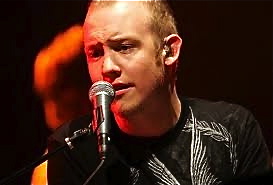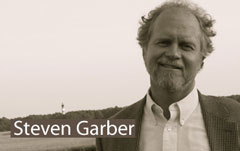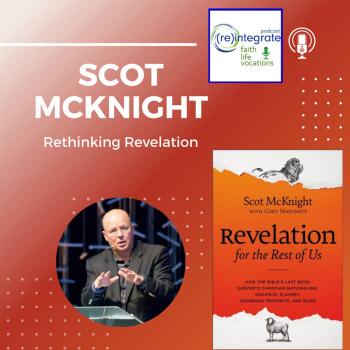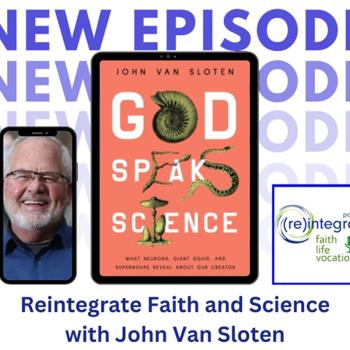Dealing with the knowledge of a very broken and depraved world.
“Can we know the world, and still love it?”
Though a question that has run through my life, and one that I keep working to understand, one of the first times I asked it was in watching Gary Haugen try to make sense of his own life following his sojourn in Rwanda in the mid-1990s.
He had been a family friend– with our older children babysitting his younger children, him bringing his little ones to watch our a little bit older ones play football –but in the months after he led the U.N Commission on Rwanda’s genocide, his heart was very troubled. He had seen the worst of the human condition, played out politically and horrifically.
Knowing what he now knew, what should he do?
Most of the time most of us determine that we now know too much. We didn’t use to know, but now we do. For millennia, stoics and cynics alike have decided that the more we know, the less responsible we are, the less willing to respond we are. In their different ways both are ways to protect ourselves from the implications of what we know.
Knowing what you know, why would you want to get involved? Why would you care? To care is to get hurt– and I will not get hurt again.
Watching Gary in those months I was intrigued that the more he knew about the worst of the world, the more responsible he saw himself to be, for love’s sake. How do we explain that? To know more, and to love more? Almost never.
But it is the heart of vocation, every time for everyone: To see with our eyes wide open to the world, and to decide to step into history, for love’s sake. Vocation is never more nor less than that.
The other night we joined more than 1,000 others at the annual International Justice Mission banquet, celebrating again the good work that Gary and his global team of partners are doing all over the face of the earth. From ther humble start of just Gary and an intern 15 years ago to the present mission of hundreds of gifted and serious staff people working at the injustices of the world, IJM has taken on grievous wounds wherever they are found. Much of their work these days is the deepening horror of human trafficking, a problem in the West and the East, the North and the South, in Washington DC as it is in Bangkok, in London as it is in Mumbai.
 At the banquet Isaac Slade of The Fray sang three songs, telling stories of each one, connecting his music with the Mission’s reason-for-being. I was hoping that he would sing, “How to Save a Life” and “You Found Me,” as in their very artful ways they are haunting windows into the work of IJM. He did, and I smiled, glad to see beauty and justice kiss.
At the banquet Isaac Slade of The Fray sang three songs, telling stories of each one, connecting his music with the Mission’s reason-for-being. I was hoping that he would sing, “How to Save a Life” and “You Found Me,” as in their very artful ways they are haunting windows into the work of IJM. He did, and I smiled, glad to see beauty and justice kiss.
We need more of that in this life, if we are going to find our own ways to know the world, and to still love the world. It is too hard otherwise.













